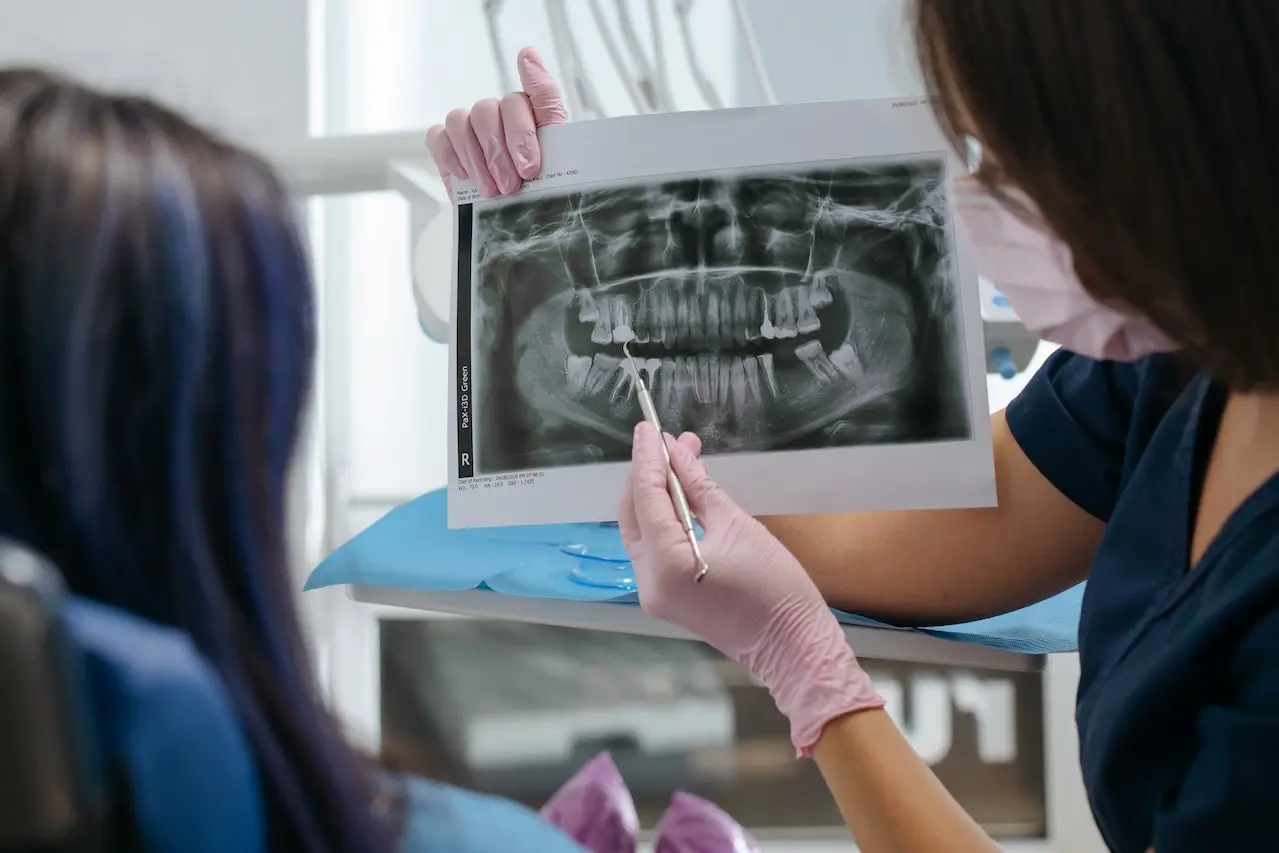Our bodies are composed of many interconnected and interrelated systems that work together to maintain whole-body health. Every year we discover more ways that caring for every part of our body is the only way to reduce disease risk and extend quality of life. One discovery that has been made recently is that patients who are currently experiencing advanced gum disease, also known as periodontal disease, have demonstrated higher risks of certain forms of cancer.
The Increasing Risk Between Gum Disease and Cancer
When gum disease has gone untreated and has been allowed to advance to periodontal disease, numerous health problems can occur. Not only does the bacteria responsible lead to the gums becoming puffy, recede, and bleed when brushed or even when eating, it also can lead to bone loss and even death through sepsis. Recently we’ve discovered that gum disease is also connected to numerous forms of cancer. The forms of cancer showing a connection to cases of periodontitis include:
Lung cancer
Gastric Cancer
Esophageal Cancer
Colon Cancer
Breast Cancer in Women
Periodontitis isn’t always the result of poor oral hygiene, though it is typically a contributing factor. Other identified causes are hormonal changes, environmental factors, and personal vices such as smoking. Smoking has also been identified as a significant contributor to oral, throat, and lung cancer. The connection between cancer and periodontal disease continues to be a major topic of study, with the results of studies such as this one from the Iranian Journal of Cancer Preventionproviding further credence.
Our Suggested Steps to Lower the Risk
Reducing the risk of cancer from periodontal disease starts by establishing a consistent and significant practice of good oral hygiene. In addition to regular brushing, you can also consider the following suggestions:
Regular dental visits at least twice a year are key. Your practitioner will help track the condition of your oral health, watching for any developing issues. Gum disease can be addressed before it advances to periodontal disease with their assistance.
Ensure that your oral hygiene routine includes brushing twice a day, flossing, and using mouthwash. These ADA backed practices are your best weapon against tooth decay and gum disease.
If you smoke, quit. If you don’t smoke, don’t start. Smoking does lasting damage to every part of our body, including our teeth and gums. Quitting smoking can be hard, so don’t be afraid to reach out to friends and families to find alternatives. Putting an end to your addiction is one of the best things you can do for yourself, your health, and your pocketbook.
These steps provide meaningful results in your battle against gingivitis and periodontal disease and can have long-lasting positive consequences for your health as a whole. Call today to schedule an appointment and get more information about fighting periodontal disease or smoking cessation.
